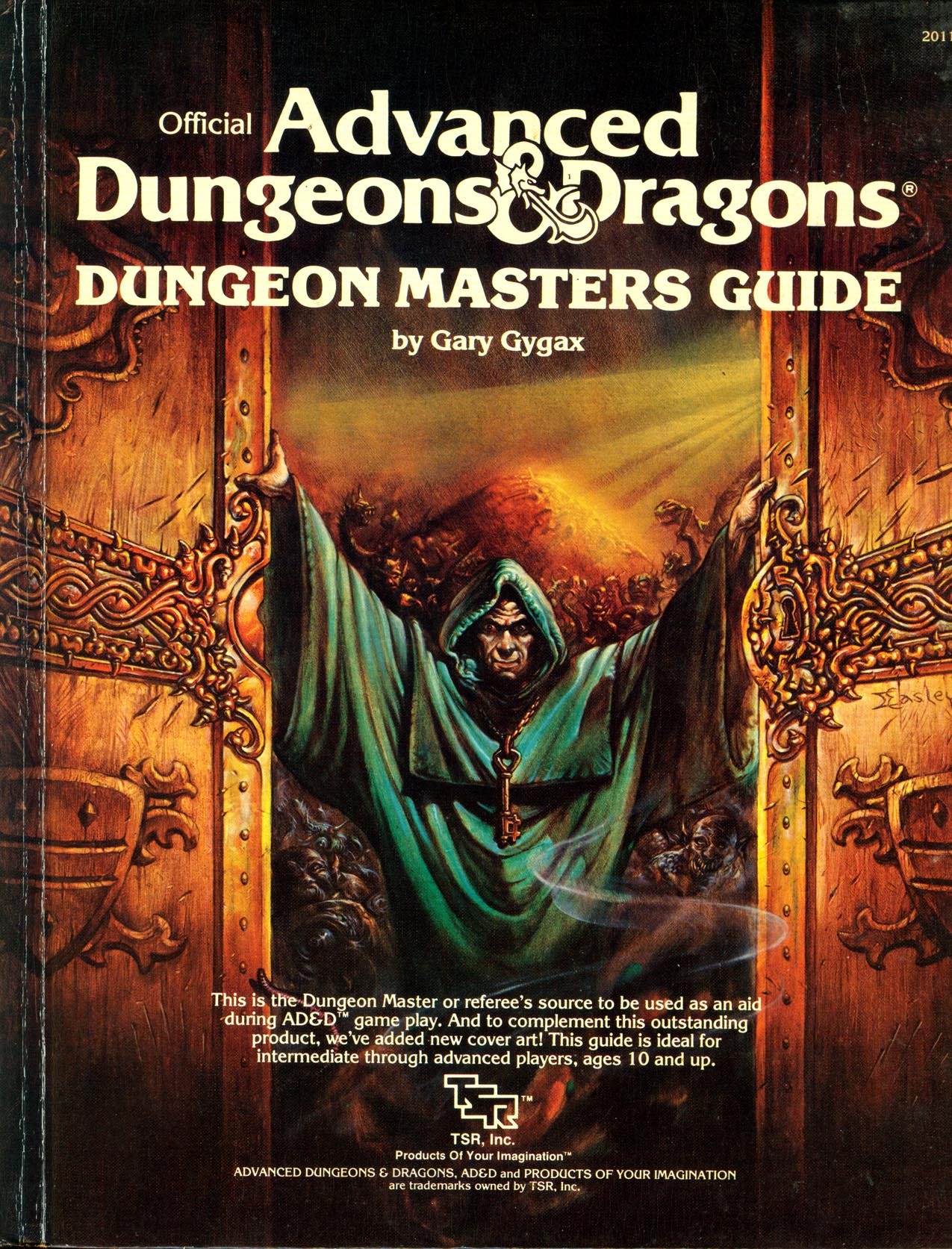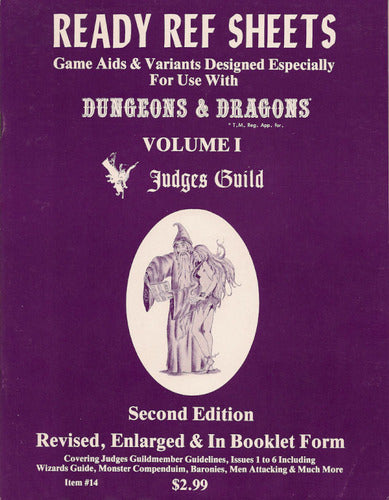Pushing forward
Last Tuesday was tough. Library D&D was on the schedule for that evening, but I really didn’t want to do it. As every DM/GM/referee can empathize, my brain was fuzzy with that anxious feeling of being unprepared, unmotivated, and uninspired. On top of that, my regular librarian co-DM was out (on vacation), our regular volunteer DM had agreed to run one last session before taking a scheduling-induced break, and I had a possible substitute who I hadn’t coordinated anything with… Sitting at my desk, I briefly considered finding or inventing some flimsy pretext to cancel the session. Ten hours later I was sitting with a group of happy players, enjoying a post-session pint at the pub across the street from the library.
What happened in that time to change things?
The first and most important thing was that my thoughts turned toward the other participants: the players who show up session after session because they enjoy the games I run and the other DMs who also spend time and effort preparing adventure material. There wasn’t a conscious effort or prompt to think of them; it just happened, and I’m thankful for it. Stepping outside myself and considering others was the catalyst that snapped me out of my listlessness.
From there, it was a surprisingly easy path forward. With my OSE Referee’s Book and AD&D1e DMG at hand, I spent an hour or so brainstorming, then using those results to key in part of an old Judges Guild dungeon map I had in my folder. This simple process, driven by a desire to have fun and help my players have fun, changed my perspective from dreading the game session to eagerly anticipating it to ultimately having a great time at the table.
***
Lest this post be dismissed as second-rate motivational/self-help pablum, let me offer some more concrete suggestions for tools to help DMs push through these kinds of small obstacles:
MAPS. I keep lots of them in my DM folder, of all sorts of things: buildings, lairs, small dungeons, big dungeons, ships, etc. Sometimes all it takes to set fire to the kindling is the spark of the right map in the right context.
TABLES. Similarly, I keep a variety of random tables handy in a binder or folder. These range from standards such monsters and other random encounters, dungeon design/dressing, etc., to more specialized and unusual fare such as “d100 - Where is the key for this locked door?” These can be really helpful as brainstorming fodder or an occasional prompt, or you can go 100% all in on random adventure generation. I highly recommend the AD&D1e Dungeon Masters Guide and Judges Guild’s Ready Ref Sheets Vol. 1* as excellent starting points. There are many, many others out there; a few that come to mind which I’ve found useful are the Tome of Adventure Design, the Random Esoteric Creature Generator, and the OSR blogs d4 Caltrops and The Dungeon Dozen.
STORY CUBES. I include these because some folks swear by Rory’s Story Cubes as a tool for generating ideas, even though I personally haven’t gotten much use out of them — true to the name, Story Cubes seem to be geared towards prompting plot and narrative ideas, whereas most of my adventure prep (especially for the library game) revolves around generating adventuring environments and locations, in which narrative emerges through play.
* The Ready Ref Sheets are currently unavailable for purchase anywhere in PDF or print (outside of Ebay and other secondhand sources.) I sincerely hope that status will someday change; if and when it does, this link will be updated.




Re Story Cubes: me too! I messed with them for about an hour and gave them to Christina to use in therapy appointments.
Re Maps: I don't know if you follow Tim Hartin/Paratime Design on FB but he pumps out maps like a madman. When I'm paying attention, I'll just print them out whenever he shares them and keep them. Mostly dungeons, and bigger than you like but still pretty good.